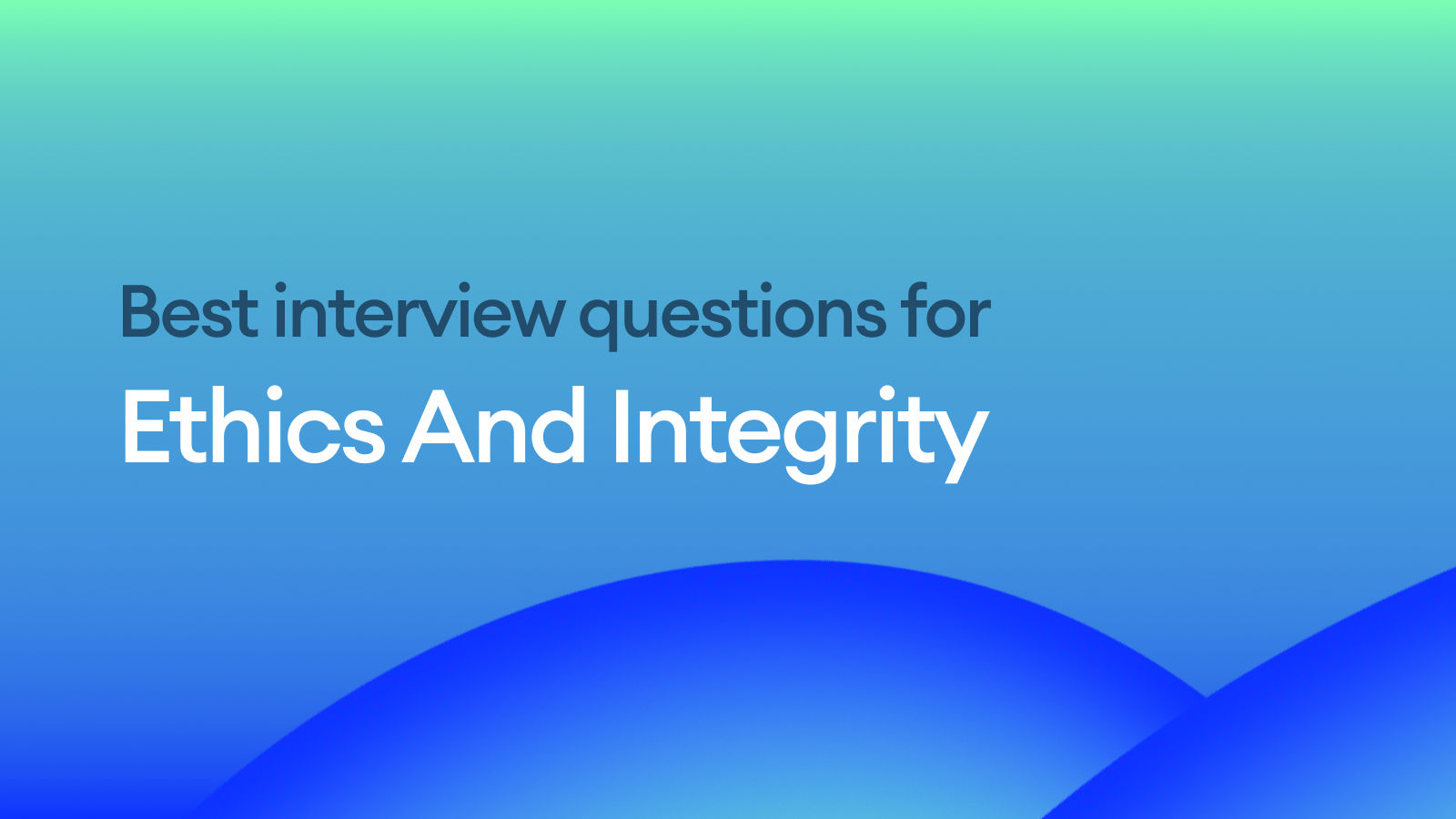Assessing a candidate’s ethics and integrity is paramount for building a trustworthy and reliable team. Organizations that prioritize these values not only foster a positive workplace culture but also minimize risks associated with unethical behavior. During the hiring process, interviewers must employ effective strategies to evaluate these critical traits, ensuring that new hires uphold the company’s standards and values.
Ethics and Integrity Interview Questions
- Can you describe a time when you faced an ethical dilemma at work? How did you handle it?
- How do you define integrity, and why is it important in a professional setting?
- Have you ever witnessed a colleague behaving unethically? What actions did you take?
- Describe a situation where you had to make a decision that tested your honesty.
- How do you ensure that your work aligns with the company’s ethical standards?
- Can you provide an example of how you have maintained confidentiality in a previous role?
- How do you handle situations where you are asked to perform tasks that conflict with your personal values?
- What steps do you take to stay informed about ethical practices in your industry?
- Describe a time when you had to admit a mistake to your team or supervisor. How did you manage it?
- How do you balance achieving results with maintaining ethical standards?
What to Look for in Answers
-
Awareness of Ethical Principles: Candidates should demonstrate a clear understanding of ethical concepts and why they matter in the workplace.
-
Honesty and Transparency: Look for responses that showcase the candidate’s ability to be truthful and open, even in challenging situations.
-
Responsibility and Accountability: Strong candidates take responsibility for their actions and decisions, acknowledging mistakes and learning from them.
-
Consistency in Values: Responses should reflect a consistent application of personal and professional values across different scenarios.
-
Problem-Solving Skills: Effective answers will illustrate how candidates navigate ethical dilemmas, balancing competing interests while upholding integrity.
-
Respect for Policies and Regulations: Look for indications that the candidate respects and adheres to company policies and industry regulations.
-
Commitment to Confidentiality: Candidates should show they understand the importance of maintaining confidentiality and the implications of breaches.
Tips for Evaluating Ethics and Integrity During the Hiring Process
-
Assess Consistency
Evaluate whether the candidate’s responses are consistent with their resume and any prior statements they’ve made during the interview process. -
Look for Genuine Responses
Pay attention to the sincerity and depth of the candidate’s answers. Look for genuine reflection rather than rehearsed responses. -
Involve Multiple Interviewers
Utilize a panel of interviewers to gather diverse perspectives on the candidate’s ethical stance and integrity. -
Check References Thoroughly
Conduct comprehensive reference checks to verify the candidate’s ethical behavior and integrity in previous roles. -
Scenario-Based Questions
Present hypothetical scenarios to assess how candidates might handle ethical challenges specific to your organization.
Summary
Assessing ethics and integrity during the hiring process is essential for building a trustworthy and principled workforce. By incorporating thoughtful interview questions, understanding what to look for in candidate responses, and applying effective evaluation techniques, organizations can identify individuals who not only possess the necessary skills but also uphold the highest ethical standards. Investing time in this aspect of recruitment helps ensure a positive workplace culture, reduces the risk of unethical behavior, and supports the long-term success of the organization.


